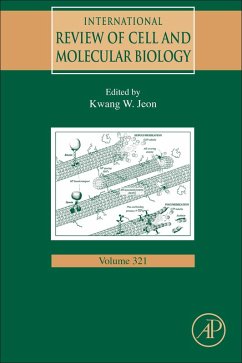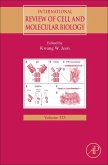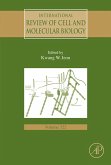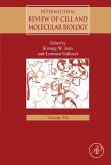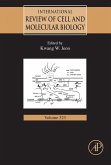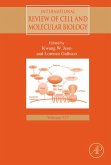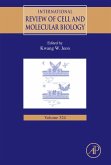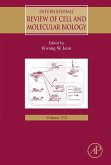International Review of Cell and Molecular Biology presents comprehensive reviews and current advances in cell and molecular biology.
The series has a worldwide readership, maintaining a high standard by publishing invited articles on important and timely topics authored by prominent cell and molecular biologists.
The series has a worldwide readership, maintaining a high standard by publishing invited articles on important and timely topics authored by prominent cell and molecular biologists.
- Provides comprehensive reviews and current advances
- Presents a wide range of perspectives on specific subjects
- Valuable reference material for advanced undergraduates, graduate students, and professional scientists
Dieser Download kann aus rechtlichen Gründen nur mit Rechnungsadresse in A, B, BG, CY, CZ, D, DK, EW, E, FIN, F, GR, HR, H, IRL, I, LT, L, LR, M, NL, PL, P, R, S, SLO, SK ausgeliefert werden.

